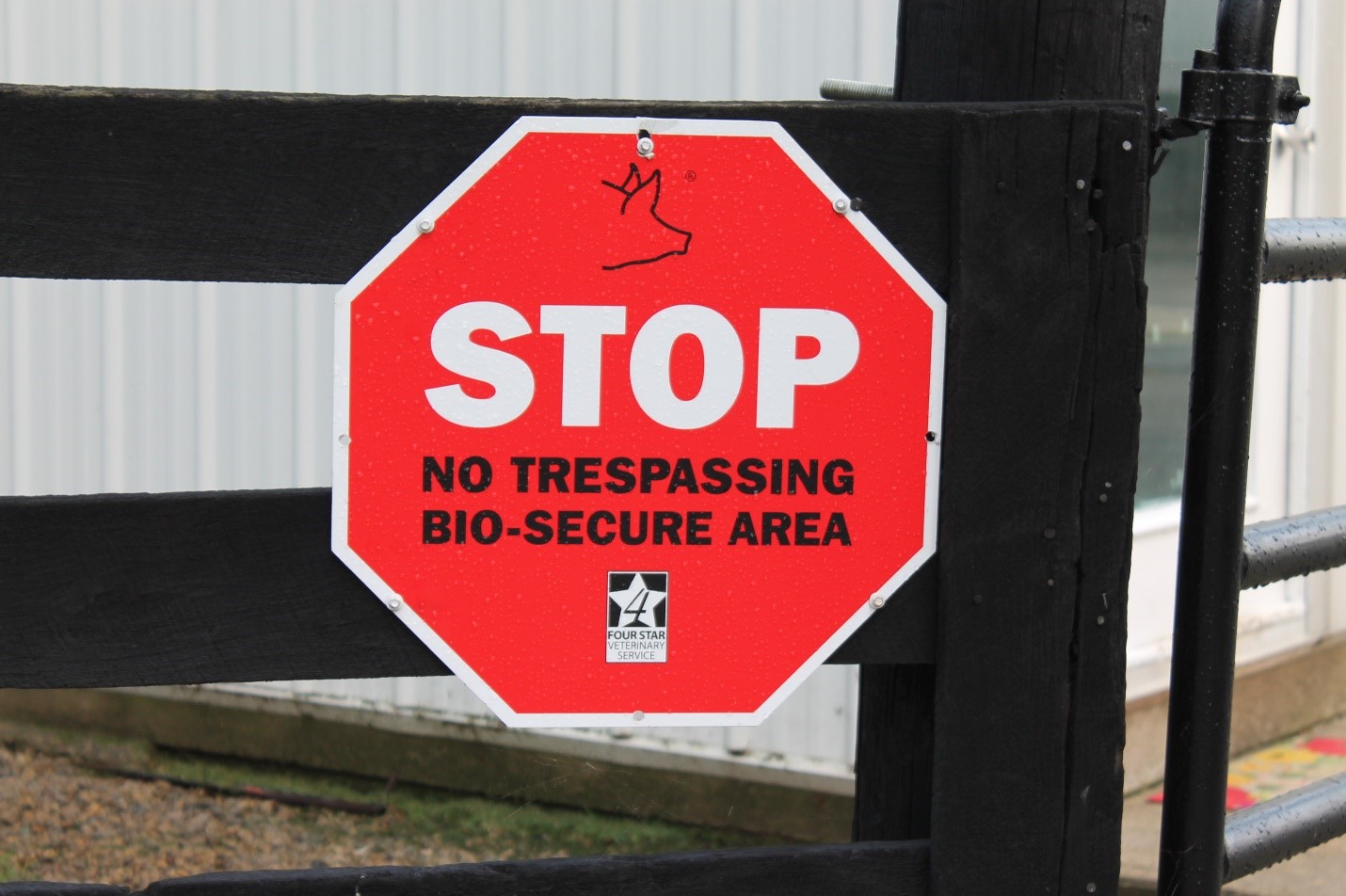



Only 800 miles separate US pigs from African swine fever
ASF outbreak in the Dominican Republic spurs the need for enhanced biosecurity on US swine farms
On July 28, 2021, positive cases of African Swine Fever (ASF) were found in the Dominican Republic and confirmed by the United States Department of Agriculture (USDA). Animals positive for this disease were found as part of an international cooperative surveillance program, and this marks the first finding of ASF in the Caribbean since the 1980s.
The presence of ASF in the Dominican Republic means that North America is no longer free of a virus that has affected many other countries in Africa, Asia, and Europe. Only 800 miles separate U.S. pigs from this disease. Despite this proximity, it is important to understand that ASF is not a threat to human health or food safety as the virus cannot be transmitted from pigs to humans.
The U.S. is addressing this current outbreak in the Western Hemisphere. Currently, pork and live hogs from the Dominican Republic were already banned for export to the U.S. because of the presence of Classical Swine Fever. The USDA has increased its surveillance and detection programs for this disease and will continue to direct efforts toward the protection of the swine industry in the U.S. This includes ramping up the means of detecting travelers who bring meat and meat products back to the U.S. after visiting countries that are experiencing ASF outbreaks.

Swine farmers are encouraged to not only enhance their biosecurity practices but also to work on their disease outbreak preparedness. Farmers should develop a Secure Pork Supply plan for their operation and utilize tools such as the Rapid Access Biosecurity (RAB) app and AgView to assist them with the different aspects of their planning process.
ASF is a highly contagious and deadly viral disease that affects swine health and, if found in the U.S., would lead to an immediate loss of export markets. This Foreign Animal Disease (FAD) has never been found in the U.S., meaning that pigs in the U.S. are extremely naïve to the virus and initial mortality could be high. The virus is spread multiple ways, such as pig-to-pig, feral pigs, fecal material, boots, clothing or food.
Although the source of infection in the Dominican Republic has not been determined, it may have been transmitted through contaminated food or clothing and footwear carrying the virus. Therefore, the USDA along with the Michigan Department of Agriculture and Rural Development, Michigan Pork Producers Association, and Michigan State University Extension highly suggest that all pork producers and farmers (commercial, exhibition, hobby, or those with swine as pets) enhance their biosecurity practices to protect the health status of the animals in their care.
This includes:
- Extending the downtime requirements for all international travelers to your farm
- Keeping a log of all persons that gain access to your facilities
- Maintaining a perimeter buffer area around your farm
It is also important that people with pigs are aware of the signs of ASF:
- High fever
- Loss of appetite
- Depression
- Reddened skin
- Vomiting
- Diarrhea
- Respiratory distress
- Abortions
- Death
If you see an increase from normal mortality rates or these clinical signs, you should contact your veterinarian or the Michigan Department of Agriculture and Rural Development immediately at 800-292-3939 (or at 517-373-0440 if after-hours).
Even if signs of illness are seen, it is crucial to remember that ASF is not a threat to human health and cannot be transmitted from pigs to humans. Also, the disease does not pose a food safety issue.
More information regarding the recent activity in the Dominican Republic along with other suggestions for biosecurity planning, can be found on Pork Checkoff’s website.
Pork producers and farmers who are looking to increase their preparedness for an outbreak of a Foreign Animal Disease should work to implement the recommendations from the Secure Pork Supply Plan.
Questions regarding Michigan’s Secure Pork Supply plan should be directed to Dale Rozeboom at 517-355-8398, Madonna Benjamin at 517-614-8875, or Beth Ferry at 269-876-2745.






